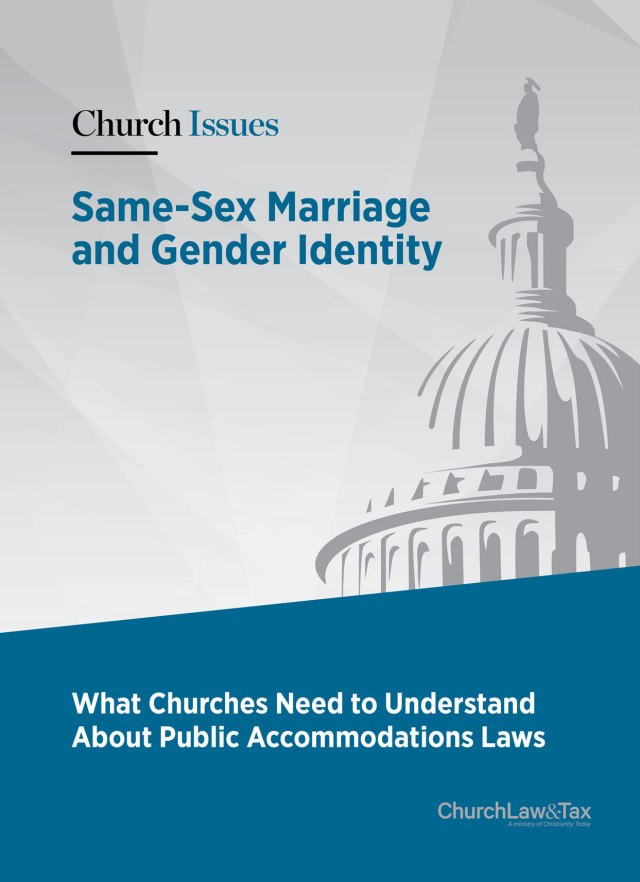Key point 3-04. All states permit clergy to perform marriage ceremonies. However, some states permit only "ordained" or some other classification of clergy to perform marriage ceremonies. It is important for clergy to determine if they are legally authorized to perform marriages under applicable state law, and in addition to be aware of the legal qualifications for marriage and any license and reporting requirements prescribed by state law.
An Arizona court ruled that a marriage between a man and woman was legally valid despite their failure to record their marriage license as required by state law, and, that the only consequence of this omission was criminal sanctions (a misdemeanor) against the minister who performed the marriage ceremony. An adult male (Dennis) was charged with bigamy, a class five felony. The state offered evidence at trial showing that Dennis married a woman in 1990, and while still married to this wife married a second woman in 2000. Dennis obtained a marriage license on the same day that he married his second wife. They both signed it following a wedding ceremony, as did the minister who officiated at the ceremony and two witnesses. The minister handed the license to Dennis at his request, but Dennis never recorded the license. He insisted that he could not be guilty of bigamy since he never entered into a second marriage due to the fact that the marriage license was not recorded as required by state law. A jury found Dennis guilty of bigamy, sentenced him to three years of supervised probation following a 15-day prison sentence.
An appeals court affirmed Dennis's conviction. It noted that to convict a person of bigamy the state "must prove that a person knowingly has married another person, and that the accused would have had a valid subsequent marriage under Arizona civil law but for his or her earlier, ongoing marriage." The court noted that Arizona law specifies that "a marriage license shall be signed by both persons married, two of the witnesses to the marriage ceremony and the person who solemnized the marriage, who shall return the signed marriage license to the clerk of the superior court for recording." The court agreed with Dennis that Arizona law requires that a marriage license be recorded, but pointed out that "nothing in that or any other pertinent statute establishes what effect, if any, the failure to record has on the validity of a marriage." It concluded that a failure to record a marriage license does not affect the validity of the marriage. Rather, the only consequence is the potential criminal liability for the minister who performed the defective ceremony:
Notably, the requirement that a marriage license be filed and recorded is directed at the official who solemnizes a marriage, not the parties to the marriage. And, the only express sanction for the failure to file and record the license is likewise directed exclusively at the official (official who has failed to record license commits class two misdemeanor). Together those provisions suggest that the legislature intended to enforce the recording requirement by creating incentives for the relevant official to carry out that duty—rather than by invalidating the marriage altogether, a sanction that would, under most circumstances, impose significant legal consequences on the marrying parties for a mere ministerial oversight. We therefore … reject Dennis's claim that the mere failure to record a marriage license invalidates the marriage.
Application. This case illustrates an important point. Under the laws of most states, procedural defects associated with a marriage ceremony do not invalidate the legal validity of the marriage. Rather, the consequence for such defects is criminal sanctions on the officiating minister. As a result, it is imperative for ministers to be familiar with the legal requirements that pertain to marriages in their state. This is especially true for new ministers, and for ministers who have recently moved to another state. State v. Guadagni, 178 P.3d 473 (Ariz. App. 2008).
This Recent Development first appeared in Church Law & Tax Report, January/February 2009.
